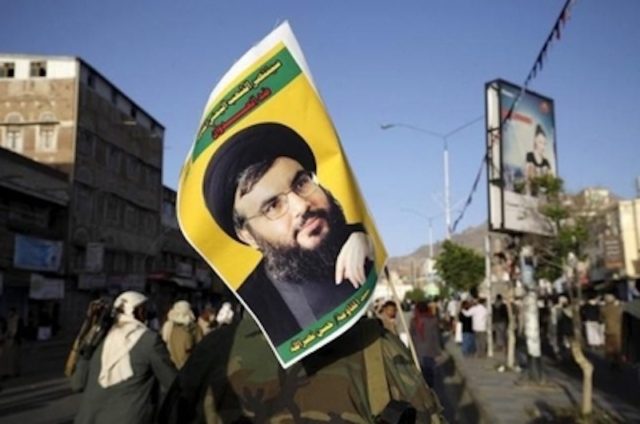
The six-member Gulf Cooperation Council (GCC) announced Wednesday that it had designated Hezbollah as a terrorist organization, saying the group posed a threat to the “Arab national security.” The declaration marks the latest in a series of moves by the Sunni-led governments of the GCC to undermine the influence of Iran and its Shiite proxies.
While failing to mention any specifics, a GCC statement made references to “hostile acts” Hezbollah committed in Syria, Iraq, and Yemen. The organization, long considered a terrorist group by the U.S. and Israel, was also accused of arms smuggling and inciting violence in region.
The GCC’s declaration comes two weeks after Saudi Arabia, Bahrain, Kuwait, Qatar warned their citizens against traveling to Lebanon, where Hezbollah is based. Officials expressed concern over Lebanon’s political uncertainty and sectarian tensions. Another Sunni ally, the United Arab Emirates, banned its nationals from traveling to the tourism-dependent country.
Saudi Arabia also suspended financing for the Lebanese government, thereby obviating a $3 billion military aid package to the Lebanese Armed Forces (LAF) in late February. Analysts say Beirut’s lack of control over Hezbollah was the likely reason the deal was abandoned. The Kingdom’s leaders in Riyadh worried that the central government could not stand up to Hezbollah’s influence and such weapons would be used against Sunni interests fighting in Syria. Some of the French supplied weaponry under the agreement had already been delivered to Lebanon in mid-2015, included armored vehicles and guided anti-tank missiles. Another $1 billion earmarked for the country’s internal security forces was also canceled.
Meanwhile in Yemen, the internationally recognized government of President Abd-Rabbu Mansour Hadi recently accused Hezbollah of training Houthi militias and supporting attacks along the border with Saudi Arabia. A coalition of Sunni-Arab states intervened last year to retake areas held by the Houthis, a Yemeni tribe closely aligned with Iran.

